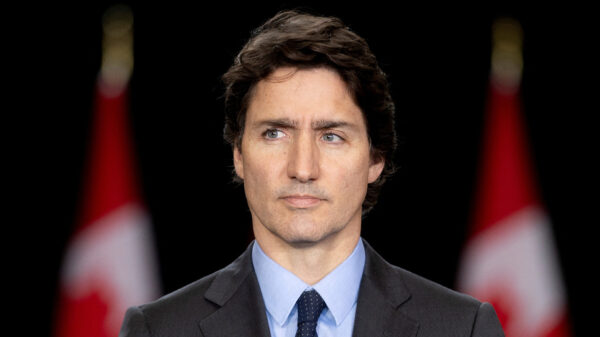KABUL, Sep 2 – Opium production in Afghanistan has fallen for a second year with poppy cultivation down 22 percent despite fears that drug stockpiles were a ticking bomb in the war-torn country, the UN said Wednesday.
The destitute country produces around 90 percent of the world\’s opium, used to make heroin sold on the streets of Europe and central Asia, with profits helping to bankroll the Taliban in an eight-year insurgency.
"The bottom is starting to fall out of the Afghan opium market," UN Office on Drugs and Crime executive director Antonio Maria Costa said in the report, to which the Afghan government contributed.
"For the second year in a row, cultivation, production, workforce, prices, revenues, exports and its GDP share are all down, while the number of poppy-free provinces and drug seizures continue to rise," it said.
The report said opium cultivation in Afghanistan fell by around a fifth to 123,000 hectares (304,000 acres), from 157,000 hectares in 2008 with the number of poppy-free provinces up to 20 from 18 — out of the total 34.
Wiping out the crop has been a key component of Western efforts to stabilise Afghanistan — labelled a "narco state" by US Secretary of State Hillary Clinton — since the 2001 US-led invasion removed the Taliban regime.
The United Nations puts the potential export value of Afghan narcotics at about 3.4 billion dollars a year and Afghan officials have said drug profits provide the Taliban with as much as 100 million dollars a year.
Ninety-nine percent of poppies are cultivated in southern and southwestern areas, among the most dangerous parts of Afghanistan where the Taliban and criminal networks are strongest. Drugs also feed rampant corruption.
The biggest drop in cultivation was in southern Helmand province, which is the poppy epicentre of Afghanistan and where British and US troops launched fresh assaults against Taliban strongholds ahead of last month\’s elections.
The report attributed the decrease of one-third to governor leadership, a more aggressive counter-narcotics offensive, the increased favouring of legal crops and the successful introduction of food to promote legal farming.
Average prices for dry opium fell by a third in the past year to about 64 dollars a kilogramme, from about 95 dollars a kilogramme, the lowest since the late 1990s when the Taliban were in power, the report said.
"Today Afghanistan has entered a new phase, a new era, only possible thanks to international support, especially the United States and the United Kingdom," Afghan Counter-Narcotics Minister General Khodaidad told reporters.
But the report also raised serious concerns. Illicit drug stockpiles may have reached 10,000 tonnes, enough to satisfy two years of world heroin addiction, it said.
"Intelligence agencies should defuse the ticking bomb of opium stockpiles before these become the source of potential sinister scenarios," it said.
The report also said there was growing evidence of narco-cartels, as has happened in Colombia, with insurgents not just taxing supply, but getting involved in producing, processing, stocking and exporting drugs.
While the UN agency called for more help from Afghan forces and NATO\’s 64,500 troops in Afghanistan, it welcomed military operations for creating a deterrent for traders and farmers.
It called for a regional approach in counter-narcotic operations and said major traffickers should be reported to the UN Security Council and brought to justice, rather than executed or pardoned for political expediency.
It also warned drug use within Afghanistan is a growing problem, raising the risk of HIV and calling on the new government, following August elections, to make further progress in shrinking the opium market.
A fifth tranche of results are to be released from Afghanistan\’s presidential election, which have been overshadowed by allegations of massive fraud and poor turnout.
With ballots from nearly half the polling stations already announced, President Hamid Karzai leads his main rival Abdullah Abdullah by 45.8 percent to 33.2 percent, but still lacks the majority needed to avoid a run-off.

































